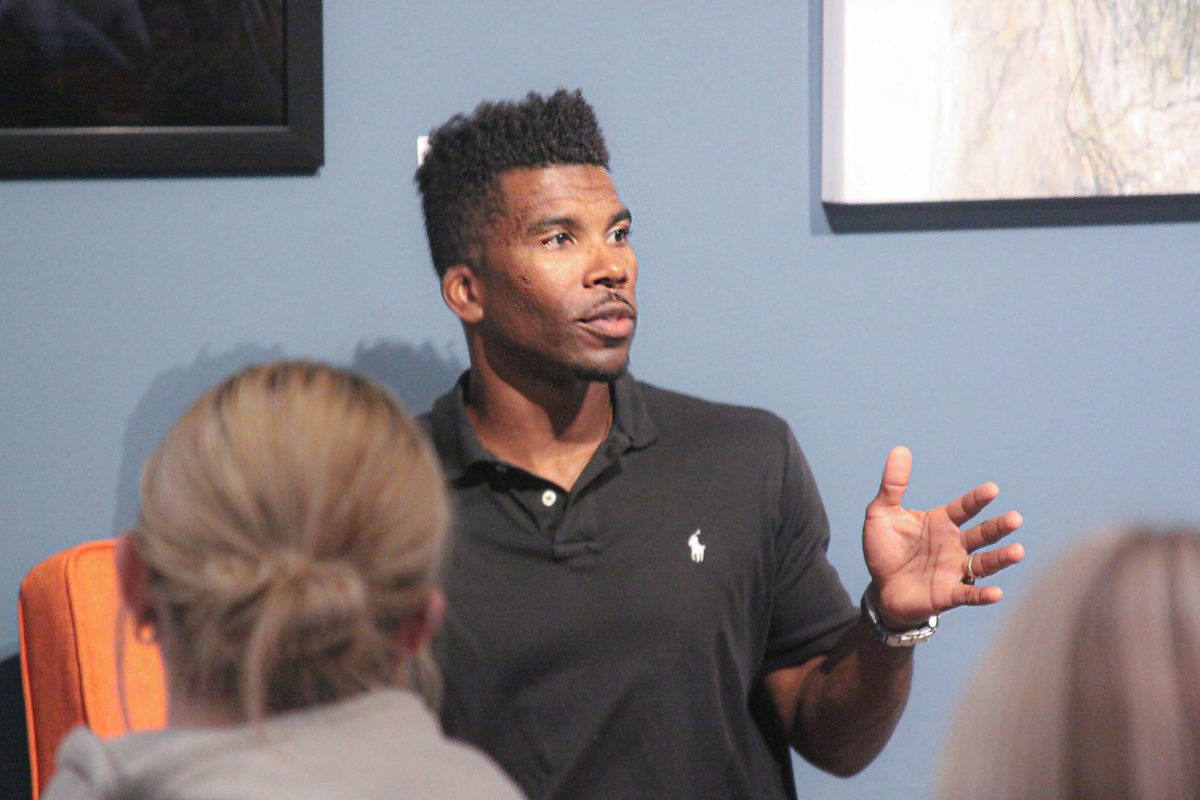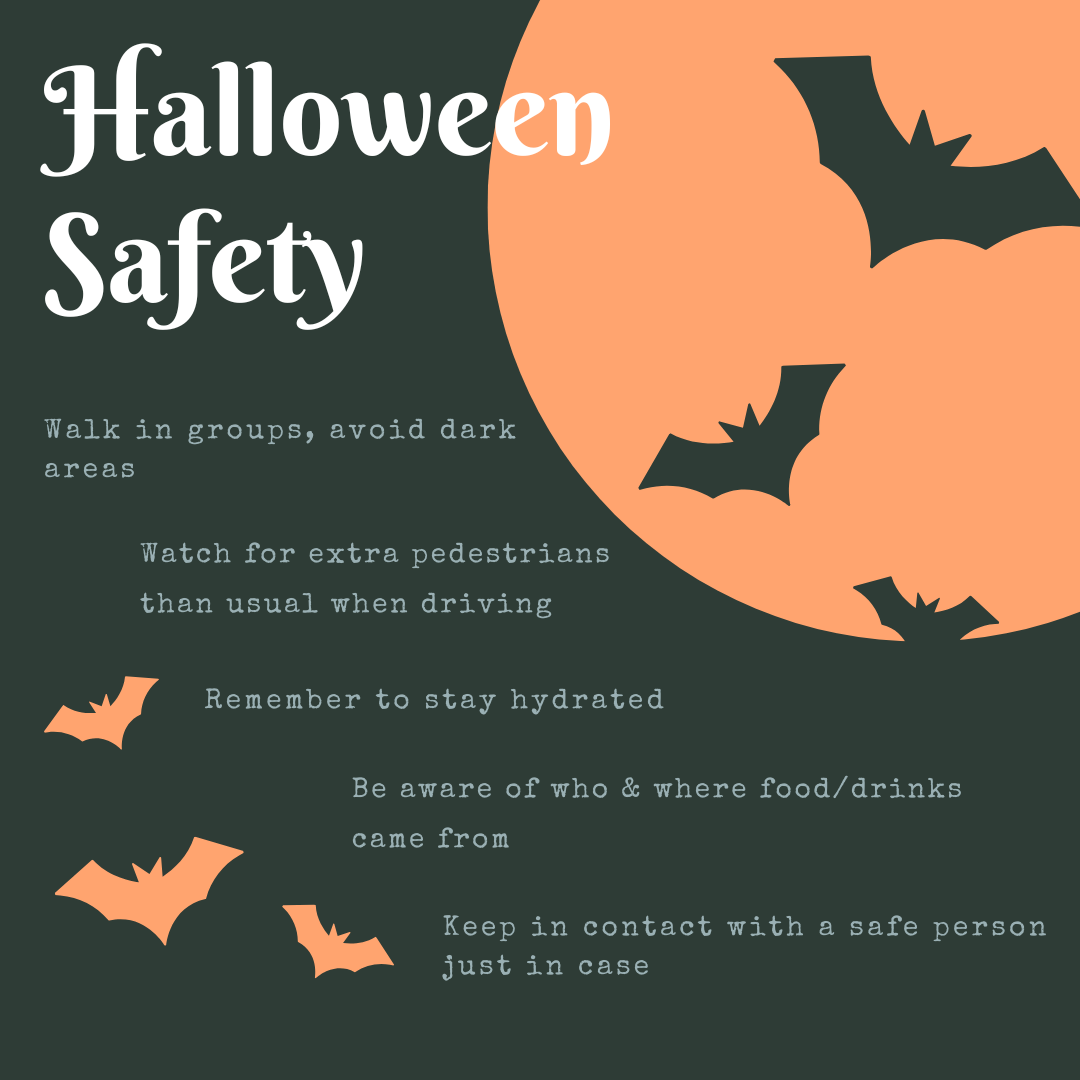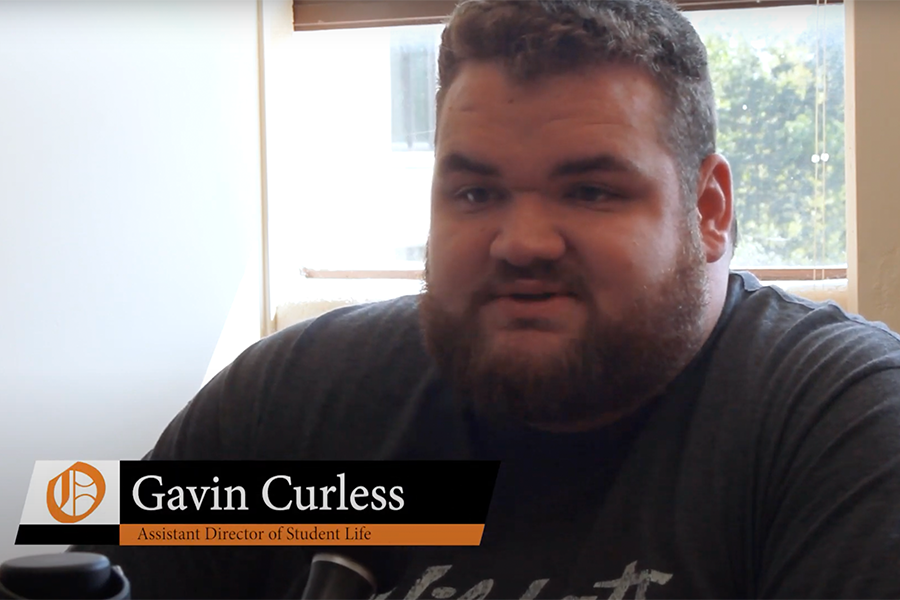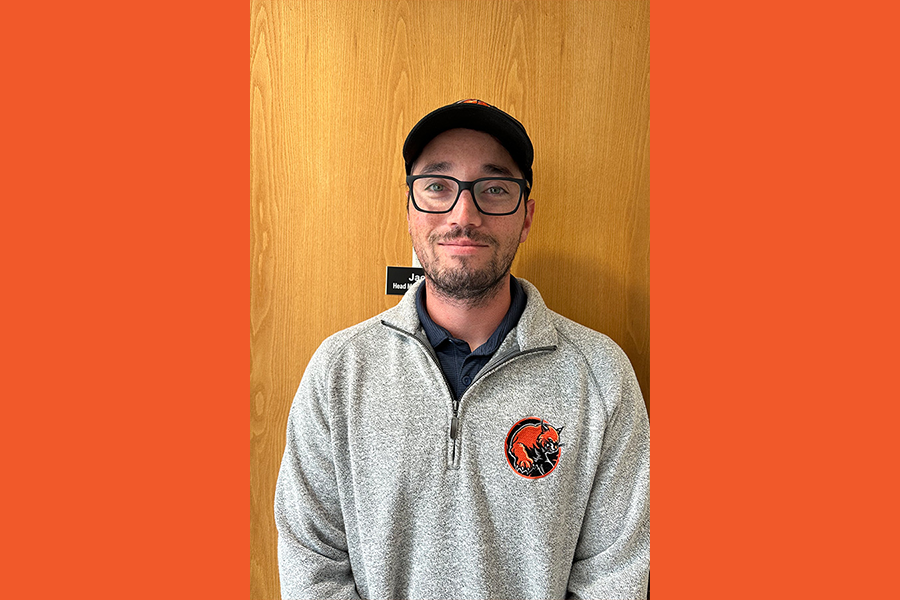It’s been a tragic week for the United States and a trying one for the news organizations working to supply the country with the latest updates and information regarding Monday’s Boston Marathon bombings, Tuesday’s allegations of ricin-laced letters sent to President Barack Obama and Wednesday’s explosion at a fertilizer factory in Texas.
In an effort to get information to the public as quickly as possible, media outlets have relied on social media websites such as Twitter and Facebook to inform consumers of the most breaking news possible. But as details are confirmed and facts are straightened, some media organizations have had to retract previous reports of arrests, photos and fatality/injury numbers.
Accuracy is the basis for being a reliable media source, so when news organizations like CNN and the New York Post tweet that an arrest has been made in the bombing when it hasn’t or when other news organizations are reporting 70 deaths when there are only two or three, it is frustrating and confusing.
CNN uses what is called streaming coverage to report breaking events like the Boston Marathon bombing. That means as the network receives news, it reports it. Then as that reported news is confirmed or denied, CNN corrects it. This allows the organization to get information to the public as quickly as possible. CNN spokeswoman Barbara Levin explained that the reports CNN gave were based on the information it was given, and after sources confirmed or corrected CNN’s reports, the organization “adjusted our reporting.”
National Public Radio, or NPR, doesn’t follow the same route. It confirms its information before reporting it to the public, which makes it more accurate, but the public sometimes doesn’t get the information until hours after organizations like CNN have already reported it.
In tragic breaking news situations like this week’s, is it more important to be first because of the significance of the event or is it more important to be accurate as to not confuse the public?
As a member of the media, I am disappointed to see so many organizations reporting and then, as CNN says, “adjusting” that reporting.
But as a student, what disappoints me more is how other college students aren’t taking the time to do their own investigating. We are all so quick to blame news organizations for inaccuracies and mixed reports, but are we doing the fact-checking we need to do as well?
Not only is it important for us, as college students and up-and-coming members of the professional world, to follow national news, it’s important for us to be sure we are educating ourselves in the best possible way.
When you limit your sources, you’re limiting your knowledge. Don’t just follow one news source on Twitter. Don’t only go to one website when trying to learn what exactly is happening with the Boston bombing suspects or the explosion in West, Texas. Events like these and conflicting reports can easily leave us confused, and it is our own duty to do our best to find the truth.







